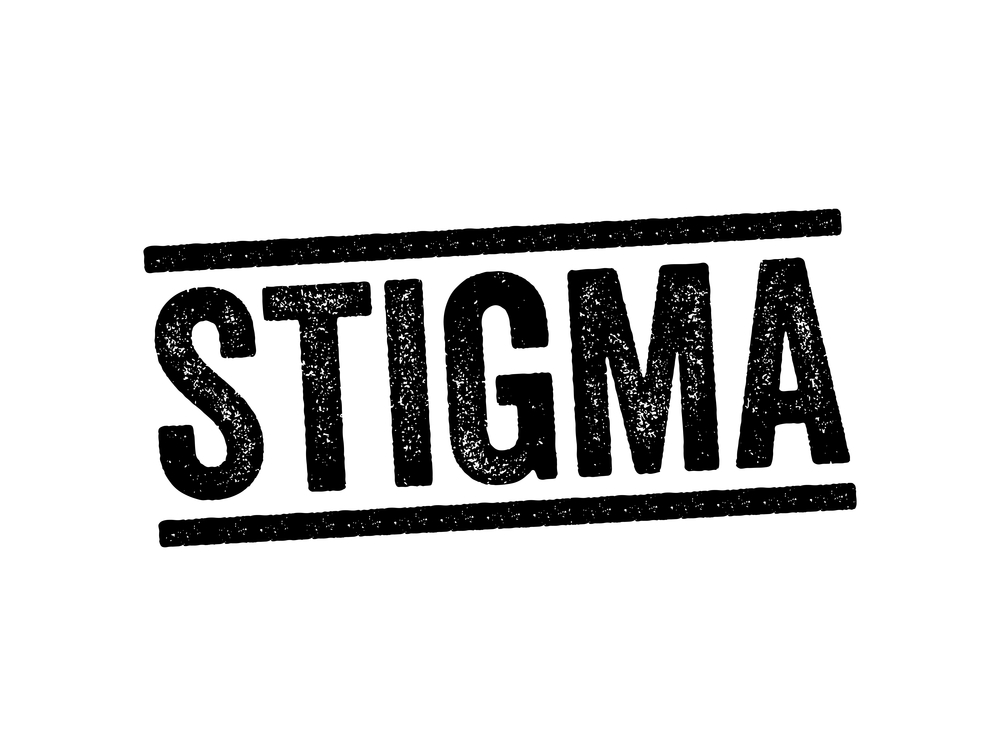Addiction is often misunderstood and stigmatized, leading to misconceptions that can hinder recovery and prevent individuals from seeking help. At Renew Health, we are committed to breaking the stigma surrounding addiction by promoting a better understanding of it as a chronic disease. This perspective not only aligns with scientific research but also fosters compassion and support for those affected by addiction.
Understanding Addiction as a Chronic Disease
Addiction is a complex condition characterized by compulsive drug use despite harmful consequences. It affects the brain’s reward system, leading to changes in behavior and thinking. Like other chronic diseases such as diabetes, hypertension, and asthma, addiction requires long-term management and treatment.
The National Institute on Drug Abuse (NIDA) defines addiction as a chronic, relapsing disorder characterized by compulsive drug seeking, continued use despite harmful consequences, and long-lasting changes in the brain. These changes can persist long after the immediate effects of the drug have worn off, leading to the necessity for ongoing treatment and support.
The Science Behind Addiction
Addiction is a brain disease that alters the structure and function of the brain. Drugs of abuse affect the brain’s reward circuit, flooding it with dopamine, a neurotransmitter involved in pleasure and motivation. This excessive dopamine release creates a reinforcing loop, where the individual continues to seek out the drug to achieve the same pleasurable effects.
Over time, the brain adapts to the excessive dopamine, reducing its natural production and making it difficult to feel pleasure from everyday activities. This adaptation leads to tolerance, where higher doses of the drug are needed to achieve the same effect, and withdrawal symptoms when the drug is not taken.
These brain changes can be long-lasting and can explain why individuals with addiction are at risk of relapse even after long periods of abstinence. It also underscores the need for a comprehensive, long-term approach to treatment.
Breaking the Stigma
Stigma surrounding addiction is pervasive and can prevent individuals from seeking help. It is fueled by misconceptions that addiction is a moral failing or a lack of willpower. However, viewing addiction through the lens of a chronic disease can shift this perception and encourage more empathetic and effective responses.
- Education and Awareness: One of the most effective ways to combat stigma is through education. By spreading awareness about the science of addiction, we can dispel myths and promote a more accurate understanding of the condition. This involves educating the public, healthcare providers, and policymakers about the nature of addiction and the importance of evidence-based treatment.
- Language Matters: The words we use to describe addiction can perpetuate stigma. Terms like “addict” or “junkie” dehumanize individuals and reduce them to their condition. Instead, using person-first language, such as “person with a substance use disorder,” acknowledges their humanity and dignity.
- Empathy and Support: Encouraging empathy and support for those affected by addiction can make a significant difference. Understanding that addiction is not a choice but a complex disease can foster compassion and reduce judgment. Support from family, friends, and the community is crucial for individuals in recovery.
- Access to Treatment: Ensuring that individuals have access to comprehensive, evidence-based treatment is essential. This includes medical care, counseling, behavioral therapies, and support groups. By providing the necessary resources and removing barriers to treatment, we can help more people achieve and maintain recovery.
The Role of Renew Health
At Renew Health, we are dedicated to providing compassionate, comprehensive care for individuals struggling with addiction. Our approach is rooted in the understanding that addiction is a chronic disease that requires a multifaceted treatment plan. We offer a range of services to support individuals on their recovery journey, including:
- Medical Detoxification: Our medical detox program provides a safe and supportive environment for individuals to withdraw from substances under the supervision of healthcare professionals. This is often the first step in the recovery process.
- Medication-Assisted Treatment (MAT): MAT involves the use of medications, such as methadone, buprenorphine, and naltrexone, in combination with counseling and behavioral therapies. This approach helps manage withdrawal symptoms, reduce cravings, and support long-term recovery.
- Counseling and Therapy: Our counseling services include individual therapy, group therapy, and family therapy. These sessions help individuals address the underlying causes of their addiction, develop coping strategies, and rebuild relationships.
- Holistic Therapies: We offer a range of holistic therapies, including yoga, meditation, and nutrition counseling, to support overall well-being and promote a balanced lifestyle.
- Aftercare and Support: Recovery is a lifelong journey, and our aftercare programs provide ongoing support to help individuals maintain their sobriety. This includes support groups, relapse prevention strategies, and continued access to counseling and medical care.
Conclusion
Understanding addiction as a chronic disease is a crucial step in breaking the stigma and providing effective treatment. At Renew Health, we are committed to educating the public, supporting individuals in recovery, and promoting a compassionate, evidence-based approach to addiction treatment. If you or a loved one is struggling with addiction, contact us today to learn more about our services and start your journey to recovery. Together, we can break the stigma and build a healthier future.


